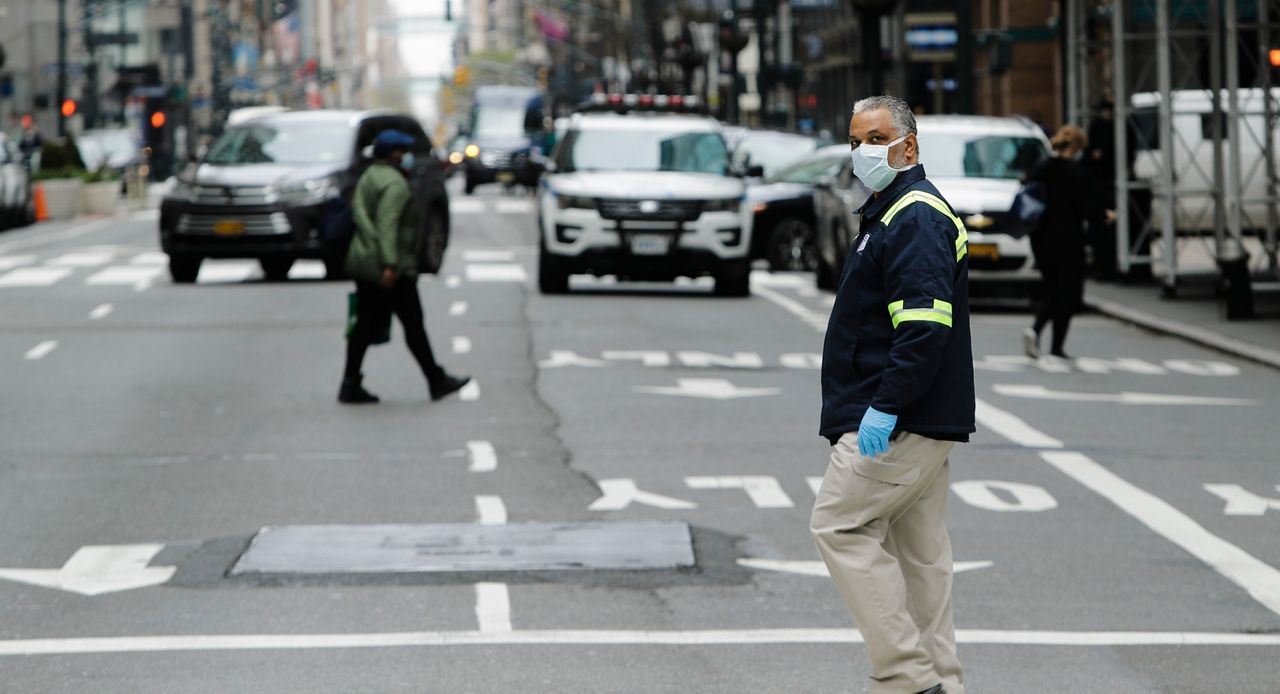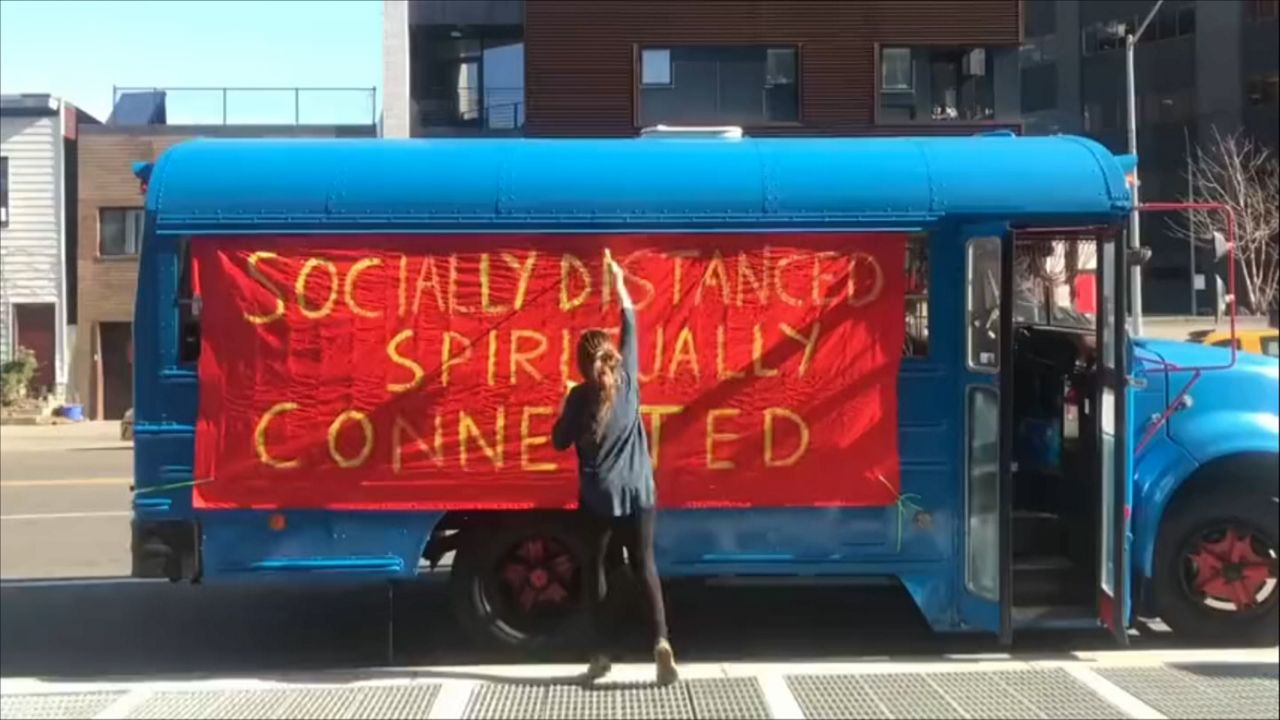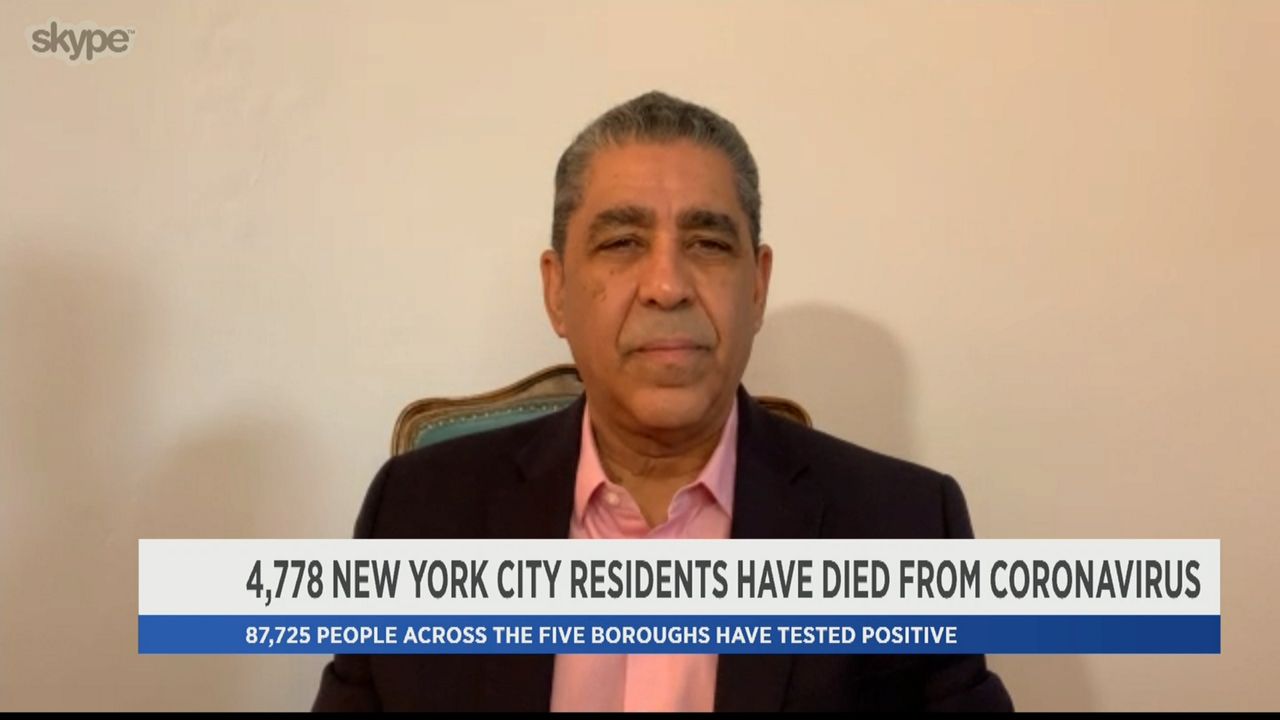WASHINGTON, DC — The highly infectious novel coronavirus doesn't discriminate. People of all races are contracting and dying from COVID-19 but its impact is being disproportionately felt in communities of color.
"People of color are more likely to be disproportionately exposed to the virus because of rampant housing segregation. They are located in densely populated urban ideas. They are also more likely to have underlying health conditions like asthma, COPD and diabetes that put them at greater risk of getting very sick. They have some serious structural barriers to getting the treatment that they need," said Connor Maxwell, a senior policy analyst with the left-leaning Center for American Progress. He argues inequality is magnified in times of national crisis.
At a Tuesday press conference Governor Andy Beshear said the state only knows the breakdown by race for about 68% of positive coronavirus tests.
"We are working on getting the data for the rest. Of the universe that we know, 79.25% are Caucasian, 12% are African American, 2.6% are Asian and 2% are multiracial."
"I know that we have seen a lot of national stories on the [racial] breakdown and it's important to know it. We are going to make sure that we get it accurately across all of the tests," he added.
"We know that for African Americans, they are much more likely to be exposed to harmful air pollutants in places like Jefferson County and Fayette County but at the same time, they are also more likely to have underlying health conditions like asthma. More than 22% of Black people in Kentucky have asthma. This is a serious health condition that puts them at huge risk of getting the virus," said Maxwell.
The sixth congressional district, which includes the states' most populous city of Louisville, is also home to the most people of color in Kentucky.
"The fact that 70% of people who are dying from the coronavirus in Louisiana and in Chicago are Black are a result of intentional policy decisions that put Black communities closer to hazardous waste facilities and other harmful polluters," said Maxwell.
"It’s critically important that states and localities begin to collect data on the racial demographics of coronavirus patients. It’s especially important to track who is being hospitalized by the virus and who is dying from it so that they can fairly allocate resources," he added.










